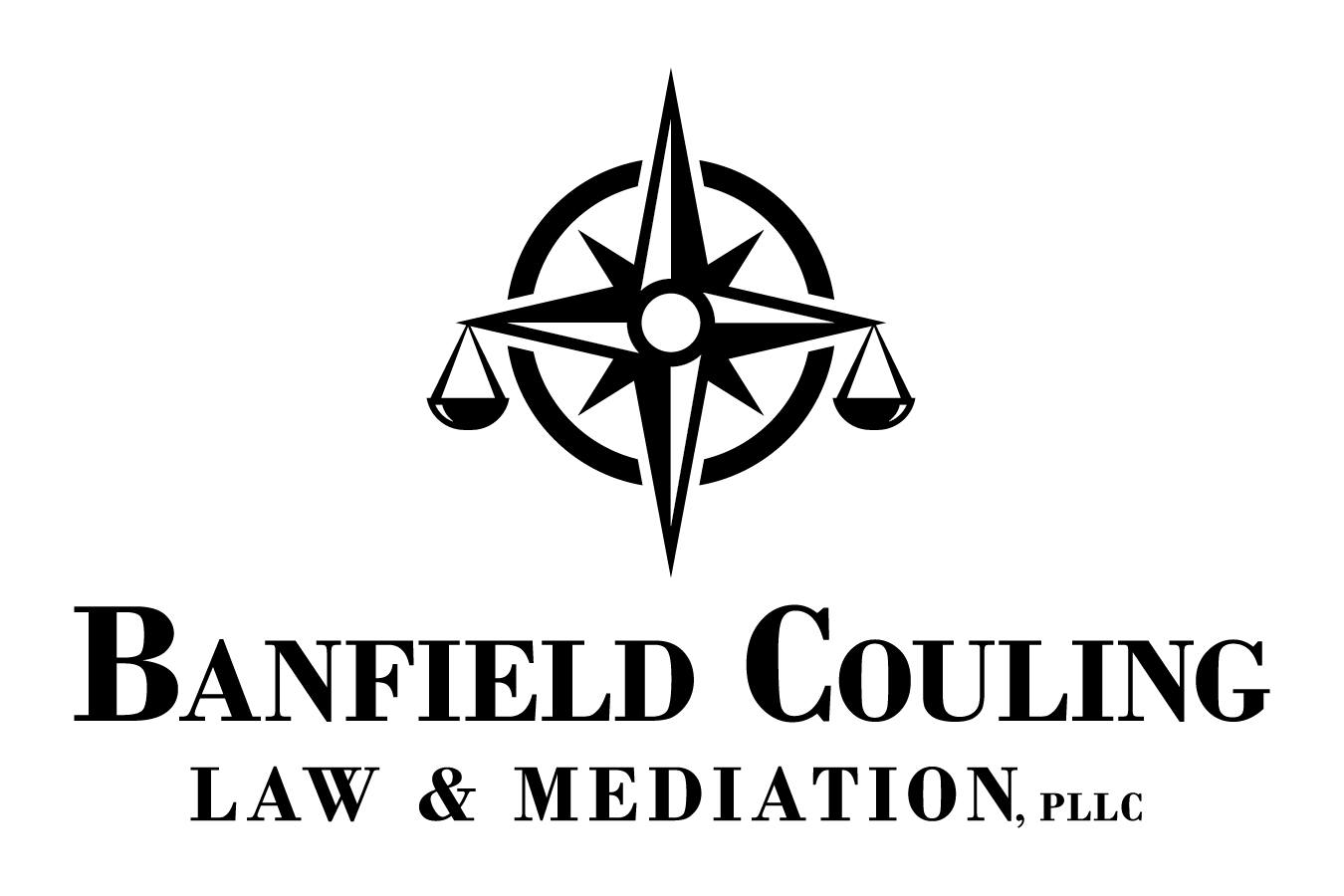FAQ: Why Do I Need a QDRO? (Guest Blog: U. Ashwin Patel, J.D., The QDRO Company LLC)
FAQ: Why Do I Need a QDRO? (Guest Blog: U. Ashwin Patel, J.D., The QDRO Company LLC)
ANSWER: If retirement benefits accrued during your marriage, those benefits generally will be considered marital assets and divided in the divorce. A QDRO is used to divide employer-based retirement plans, such as pensions and 401(k) or 403(b) accounts.
Retirement plans such as 401(k)s and defined benefit pension plans are often among the largest assets to be divided during the division of a marital estate. According to Michigan state law, retirement benefits that were accrued during the duration of a marriage are considered marital property and are subject to division by the courts. Additionally, many of these retirement plans are governed by a set of federal laws known as the Employee Retirement Income Security Act of 1974 (“ERISA”). ERISA allows an Alternate Payee (such as a former spouse of an employee) to receive a portion of the employee’s retirement plan using a Qualified Domestic Relations Order (“QDRO”).
The divorce settlement should outline how the benefits are to be divided once a QDRO is approved and signed by a Michigan state court judge. In addition to providing instructions for division, a QDRO:
· Safeguards retirement benefits for the Alternate Payee (the “non-employee” spouse).
· Allows a plan administrator to make direct payments to the Alternate Payee.
· Provides the Alternate Payee the ability to take a cash distribution from the retirement plan
without incurring early retirement penalties.
· Results in transfer of tax liability from the participant spouse to the Alternate Payee as to the
funds that are transferred to the Alternate Payee.
· May provide for survivor benefits to the Alternate Payee so that benefits are not lost upon
remarriage of the participant spouse.
It is also possible to use a QDRO when retirement funds are needed in order to satisfy spousal or child support awards. Funds distributed to children may still be taxed to the account owner while funds distributed to former spouses may be taxed to the recipient. Early withdrawal fees will not be applied in these cases.
NOTES FROM BANFIELD COULING LAW & MEDIATION:
Our thanks to U. Ashwin Patel, J.D., of The QDRO Company LLC, for this important information. For more information about The QDRO Company, visit: https://www.theqdrocompany.com/
PLEASE NOTE: This blog is not intended to constitute legal, financial or tax advice. We do not recommend making important decisions of the type addressed in this article without specific legal or professional financial advice in advance. We at Banfield Couling Law and Mediation PLLC are here to help navigate your legal matter at any stage of your divorce.

